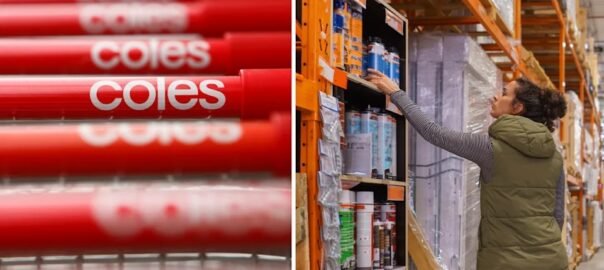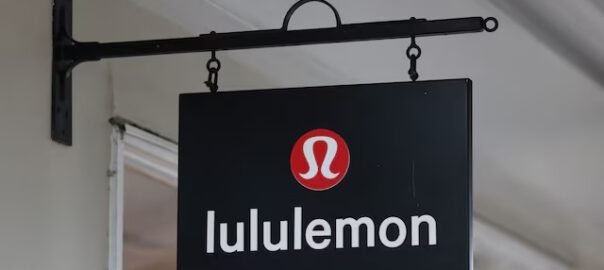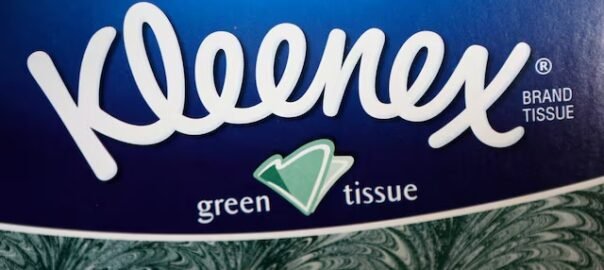Fashion retailer Shein and partner Reliance Retail plan to rapidly expand their Indian supplier base and start international sales of India-made Shein-branded clothes within six to 12 months, said two people with knowledge of the matter.
The China-founded, Singapore-headquartered Shein has been discussing plans with the Indian retailer since before the U.S. imposed tariffs on Chinese imports that intensified the need to diversify sourcing, the people said. The aim is to raise Indian suppliers to 1,000 from 150 within a year, they said.
In a statement to Reuters, Shein said its partnership with Reliance was limited to the licensing of its brand to Reliance Retail for Indian domestic consumption only. Reliance did not respond to queries.
Shein sells low-priced apparel such as $5 dresses and $10 jeans shipped directly from 7,000 suppliers in China to customers in around 150 countries. Its biggest market is the U.S. where it is adjusting to tariffs on low-value e-commerce packages from China which could previously be imported duty free.
The retailer launched in India in 2018 but its app was banned in 2020 as part of government action against China-linked firms amid border tension with its northeastern neighbour.
It returned in February under a licensing deal with the Reliance Industries unit which launched SheinIndia.in selling Shein-branded clothes produced in local factories. In contrast, Shein’s other websites mainly list goods from China.
Reliance, controlled by Asia’s richest person, Mukesh Ambani, has contracted 150 garment manufacturers and is in discussion with 400 more, said the two people, declining to be identified due to confidentiality concerns.
The goal is 1,000 Indian factories making Shein-branded clothes within a year for both the Indian market and to service some of Shein’s global websites, the people said.
Shein initially wants to list India-made clothes on its U.S. and British websites, one of the people said. Discussions have been ongoing for months and the launch time of six to 12 months could change depending on supplier numbers, the person said.
The scale of supplier expansion and export time frame is being reported for the first time.
Shein has licensed its brand for domestic use to Reliance which “is responsible for manufacturing, supply chain, sales and operations in the Indian market alone,” Shein said in a statement.
In December, Minister of Commerce and Industry Piyush Goyal told parliament that the Shein-Reliance partnership aimed to create a network of Indian suppliers of Shein-branded clothes for sale “domestically and globally”.
ON-DEMAND MANUFACTURING
Shein is a fast-fashion behemoth earning annual revenue of more than $30 billion through low prices and aggressive marketing. Most of its products are from China with some made in countries such as Turkey and Brazil.
Its expansion in India mirrors interest in the country from the likes of Walmart and others throughout the global fashion and retail industries, particularly those looking for suppliers outside China due to the U.S.-China trade war.
The Shein India app has been downloaded 2.7 million times across Apple and Google Play stores, averaging 120% on-month growth since its launch, data from market intelligence firm Sensor Tower showed.
Offerings during its first four months have reached 12,000 designs, a fraction of the 600,000 products on Shein’s U.S. site. In the women’s dresses category, its cheapest item was priced at 349 Indian rupees ($4) compared to $3.39 on the U.S. site as of June 9.
Shein’s Indian partner Reliance, which operates the app, is working with suppliers to assess whether they can replicate Shein’s global best-sellers at lower cost, the two people said.
Reliance aims to emulate Shein’s on-demand manufacturing model, asking suppliers to make as few as 100 pieces per design before increasing production of those that sell well, they said.
Executives from Reliance recently visited China to understand Shein’s “innovative” supply chain operations, “data driven” design processes and “disruptive” digital marketing, Manish Aziz, assistant vice president Shein India at Reliance Retail, said in a LinkedIn post in which he called Shein’s scale and speed “truly incredible”.
The partnership is one of dozens Reliance has with fashion brands, such as Brooks Brothers and Marks and Spencer. The firm also runs e-commerce site Ajio and its retail network competes with Amazon and Walmart’s Flipkart as well as value retailers such as Tata’s Zudio.
Reliance plans to work with new suppliers to source fabric – especially fabric made using synthetic fibres where India lacks expertise – and import required machinery, the people said. The firm will invest in suppliers and help them grow which in turn will help the Shein-Reliance partnership go global, they said.
Author Credits- Dhwani Pandya
ZAWYA BY LSEG










